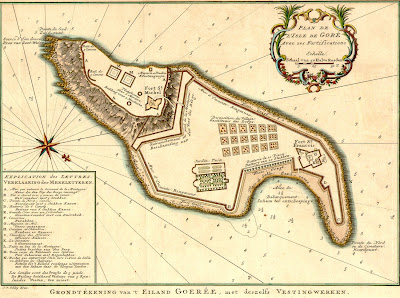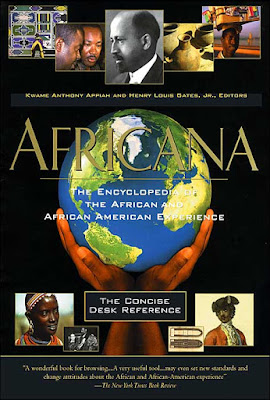
Frontline: Bush's War
PBS.org, Original Broadcast March 24 & 25, 2008
Watch the full episode. See more FRONTLINE.
Now, on the fifth anniversary of the Iraq invasion, the full saga unfolds in the two-part FRONTLINE special Bush's War. Veteran FRONTLINE producer Michael Kirk draws on one of the richest archives in broadcast journalism -- more than 40 FRONTLINE reports on Iraq and the war on terror. Combined with fresh reporting and new interviews, Bush's War will be the definitive documentary analysis of one of the most challenging periods in the nation's history.
"Parts of this history have been told before," Kirk says. "But no one has laid out the entire narrative to reveal in one epic story the scope and detail of how this war began and how it has been fought, both on the ground and deep inside the government."
Bush's War is the sixth in a series of Iraq war stories from FRONTLINE producer Michael Kirk, including Rumsfeld's War, The Torture Question, The Dark Side, The Lost Year in Iraq and
Endgame.








